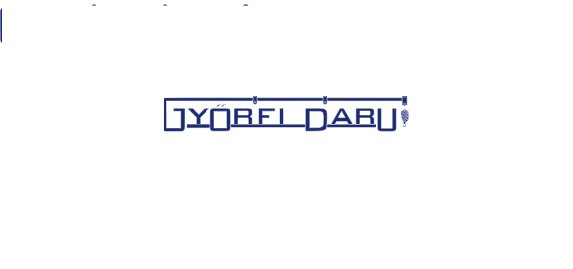


Discover how a toronydaru (tower crane) operates, its key components, and its vital role in modern high-rise construction projects.
Déri Miksa , Hungary – June 27, 2025 – As urban skylines reach ever higher, the need for powerful and efficient construction equipment becomes more critical than ever. At the center of this architectural evolution stands a towering giant—the toronydaru, or tower crane, a marvel of modern engineering. But how does a toronydaru work? In this in-depth release, we explore the vital role of tower cranes in construction, how they operate, and why they are indispensable to large-scale building projects.
A toronydaru is a tall, fixed crane that is used for lifting and moving heavy materials on construction sites, especially for skyscrapers and other high-rise buildings. The word “toronydaru” comes from the Hungarian language, literally meaning “tower crane.” It combines impressive height with the ability to lift heavy loads with pinpoint precision.
At first glance, a toronydaru may appear to be a simple structure—just a tall metal mast with a rotating arm. In reality, it’s a sophisticated machine designed for balance, control, and strength.
Here’s a breakdown of how a toronydaru works:
Base Foundation
The crane is anchored to a massive concrete foundation.
This foundation ensures the crane remains stable, even when lifting tens of tons of material hundreds of meters above the ground.
Mast (Tower)
The vertical section of the crane that gives it height.
Often made from high-strength steel, the mast can be extended with additional sections as the building grows taller.
Slewing Unit
Located at the top of the mast, this allows the crane to rotate (or “slew”) 360 degrees.
It gives the crane its flexibility to move loads around the site.
Jib and Counter-Jib
The jib (long horizontal arm) carries the load.
The counter-jib holds a counterweight to balance the crane.
Loads are moved using a trolley that slides along the jib.
Hoist and Hook
A powerful motor and cable system lifts and lowers the hook, which carries the load.
Operators can control the height and position of materials with great precision.
Operator Cabin or Remote Control
Operators may sit in a high cabin with a bird’s-eye view, or control the crane remotely using advanced systems and cameras.
Tower cranes are essential for modern urban construction. They’re used to lift:
Steel beams and girders
Concrete slabs and panels
Pre-fabricated modules
HVAC systems
Large tools and equipment
Because of their height and lifting capacity, toronydarus are especially important in:
High-rise building construction
Bridge building
Stadium and arena construction
Infrastructure megaprojects
Modern toronydarus are equipped with numerous safety features:
Load limit sensors: Prevent the crane from lifting more than its capacity.
Wind sensors: Alert operators if weather conditions become unsafe.
Redundant braking systems: Prevent sudden load drops.
Anti-collision systems: Avoid accidents on busy sites with multiple cranes.
These features ensure the safety of workers, operators, and the general public.
One of the most fascinating aspects of how toronydarus work is how they are erected and removed:
Cranes are assembled on-site using smaller mobile cranes.
As the building rises, the crane can be “climbed”—new sections are added to the mast using a hydraulic climbing frame.
Once construction is complete, the crane is carefully dismantled in reverse order.
This process requires expert engineering and coordination.
As sustainability becomes more important in construction, modern tower cranes are being adapted:
Electric-powered motors: Reduce emissions on-site.
Noise reduction systems: Keep urban areas more livable.
Smart technology: Enhances energy efficiency and productivity.
Using a toronydaru:
Increases the speed of construction
Reduces the need for ground transportation of materials
Allows construction in tight urban spaces where ground-based equipment would not fit
Offers cost efficiency in large-scale developments
Dr. László Bánfi, a mechanical engineer specializing in crane technologies, explains:
“A toronydaru is like a backbone of vertical construction. Its power is not just in lifting but in how intelligently it is designed to move materials with accuracy and safety.”
With smart construction on the rise, tower cranes are evolving:
AI-assisted controls: Improve efficiency and reduce human error.
Remote monitoring systems: Allow supervisors to track performance and maintenance in real-time.
Autonomous cranes: Experimental cranes that can perform tasks with minimal human input are in development.
These innovations promise to further revolutionize how toronydarus contribute to future cities.
So, how does a toronydaru work? It works through the perfect blend of mechanical engineering, human skill, and logistical precision. Tower cranes are not just machines—they are enablers of progress, pushing the boundaries of what’s possible in architecture and urban development.
Whether you’re watching one lift steel into the sky or operate silently against a sunrise, the toronydaru remains a powerful symbol of human ambition and ingenuity.
Media Contact:
Balázs Kovács
Director of Communications
Hungarian Construction Innovations Ltd.
📧[email protected]
📞 +36 (70) 629 0283
Website – https://gyorfidaru.hu
